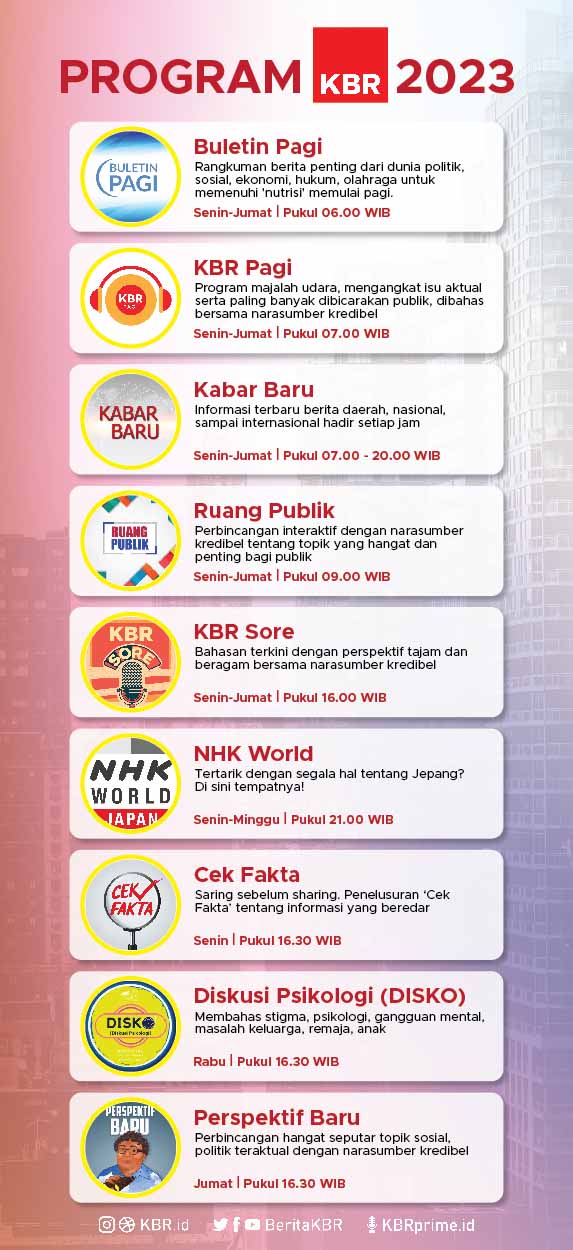2015 is a critical year for the Association of South- East Asian nations or ASEAN.
It’s the year that 10 nation states are meant to move closer together to create a common market and common community, with security, cultural and economic integration.
Surin Pitsuwan served as the Secretary General of ASEAN till 2013. He gave his first public address since leaving office this week to the Young President organization in Bangkok this week.
In front of hundreds of young business leaders in Bangkok former ASEAN secretary general Surin Pitsuwan outlined the potential of the region.
“Our growth average for this year, all ASEAN, is 5.6 %. That’s better than many part of the world. And we do expect that this growth will continue and by the year 2030 there will be growth that would be redistributed in the region that would strengthen this core center of the new locomotive of growth of the world here in Southeast Asia,” said Surin.
Thailand has in the past been a regional leader in promoting the ASEAN community.
But in recent years with wide-spread anti-government protests and a series of military coups Thais have had to focus inward.
Surin Pitsuwan said he wants to see Bangkok again focus on the region. “We could not make decisions, political circumstances have not allow us to make quick decisions. This, I hope will have to change,” said Surin.
But not all Thais are excited about the idea of an ASEAN community. Professor of History at Chiang Mai university Thongchai Winitjakul is not convinced.
“Will ASEAN create a united community? I don’t see it. Will ASEAN people in the region gain a better life and a louder voice? I don’t think so. I don’t think there will be any positive changes from ASEAN as with globalization,” said Thongchai.
Anthropologist Chayan Watanaputi from the Chiang Mai University, points out that the ASEAN blueprint was written by many politicians who were not elected by their people.
He believes many people in the less developed nations will suffer.
“In Myanmar in Laos in Cambodia and Thailand there are local people who may not benefit from this. They may even suffer. So we have to be very careful in dreaming about this ASEAN community,” said Chayan.
A quarter of the people in ASEAN are living under the poverty line.
There is concern that countries like Indonesia and Cambodia will swamped by products from more developed nations and their people will not be able to compete in the job market.
Anthropologist Chayan Watanaputi from the Chiang Mai University thinks we need to demystify the ASEAN dream.
“We have to do study we have to produce knowledge and tell people that this is what surreal, what is real what is ideal,” said Chayan.
Former ASEAN secretary Surin Pitsuwan admits there will be winners and losers: “I am not saying that ASEAN is going to be good for everyone. ASEAN will be good for those who are prepared. ASEAN will be good for those who are competitive. ASEAN will be good for those who are willing to work hard in order to take the advantage of this landscape. But then each government will have to make the calculation which one needs competition which one needs help in the competition, which one needs support in the transformation of that business. We are not going to be ready 100% every one of us before we go into the community.”
Not all Thais are excited about the idea of an ASEAN community.

INDONESIA
Jumat, 02 Jan 2015 17:34 WIB


Thailand, ASEAN, ASEAN Community, Surin Pitsuwan, Kannikar Petchkaew
Kirim pesan ke kami
WhatsappRecent KBR Prime Podcast
Kabar Baru Jam 7
Strategi Perempuan Pengemudi Ojol Mengatasi Cuaca Ekstrem (Bag.4)
Arab Saudi Bangun Taman Hiburan Bertema Minyak di Tengah Laut
Menguji Gagasan Pangan Cawapres
Mahfud MD akan Mundur dari Menkopolhukam, Jokowi: Saya Sangat Hargai




